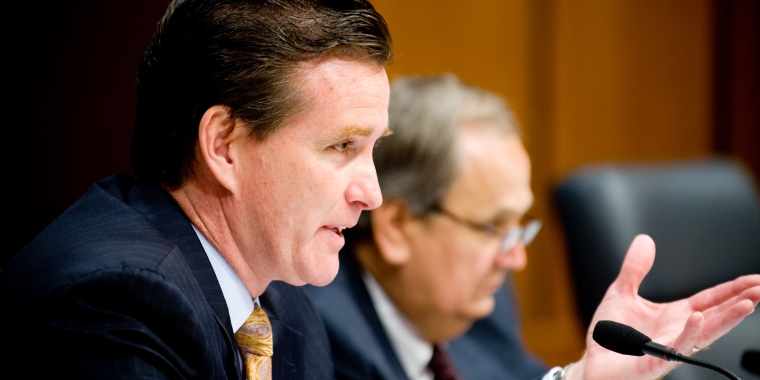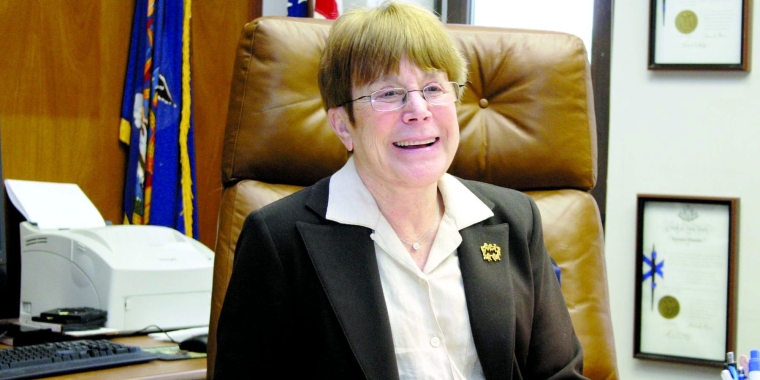05 Oct 2021
Joint Public Hearing: To review how school districts are spending Foundation Aid increases and ARP funds
Place: Senate Hearing RoomPlace: Senate Hearing Room, 250 Broadway, New York, NY 10007 250 Broadway, New York, NY, 10007
10:00 AM Archived Video
Joint – Senate Standing Committee on Education
Chair: Senator Shelley Mayer
and Senate Standing Committee on NYC Education
Chair: Senator John Liu
and Senate Standing Committee on Budget and Revenue
Public Hearing: To review how school districts are spending Foundation Aid increases and ARP funds
Place: Senate Hearing Room, 250 Broadway, New York, NY 10007
Time: 10:00 A.M.
Contact: Lisa DellAquila (917) 991-0605;
Georgia Asciutto (914) 934-5250
Media Contact: Emily Lavin (845) 519-9943;
Soojui Choi (347) 556-6335
EDUCATION COMMITTEE WITNESS REQUEST FORM
Subject: Foundation Aid and ARP Funds
Purpose: To review how school districts are spending Foundation Aid increases and ARP funds
The adopted 2021-22 Enacted Budget includes a historic commitment to public education by increasing Foundation Aid by $1.4 billion (7.6%) and committing to full Foundation Aid funding over the next two years. Additionally, $12 billion in federal covid funding was approved to pass directly to school districts. This includes $3.85 billion in the Coronavirus Response and Relief Supplemental Appropriations Act (CRRSA) and $8.2 billion in the American Rescue Plan Act (ARP). The State’s commitment to public education includes certain planning requirements for school districts receiving significant funding increases to assure student needs are being addressed.
Chapter 56 of the laws of 2021 requires a school district, receiving a Foundation Aid increase of more than 10% or $10 million, to adopt a plan on how these funds will be used. This plan, which requires input from parents, teachers and community members, must be adopted on or before July 1 of each school year during the funding phase-in. The plan is to be posted to the district's website and include how such funds will be used to address student performance and need, including but not limited to: (i) increasing graduation rates and eliminating the achievement gap; (ii) reducing class sizes; (iii) providing supports for students who are not meeting, or at risk of not meeting, state learning standards in core academic subject areas; (iv) addressing student social-emotional health; and (v) providing adequate resources to English language learners, students with disabilities, and students experiencing homelessness.
Under Chapter 56 of the laws of 2021, an additional plan is required for ARP funding and requires school districts to engage parents, teachers and education stakeholders. The ARP plan must be posted on the district’s website by school year of how such funds will be expended and how the district will prioritize spending on non-recurring expenses in the areas of: safely returning students to in-person instruction; maximizing in-person instruction time; operating schools and meeting the needs of students; purchasing educational technology; addressing the impacts of the COVID-19 pandemic on students, including the impacts of interrupted instruction and learning loss and the impacts on low-income students, children with disabilities, English language learners, and students experiencing homelessness; implementing evidence-based strategies to meet students' social, emotional, mental health, and academic needs; offering evidence-based summer, afterschool, and other extended learning and enrichment programs; and supporting early childhood education. School districts shall also identify any programs utilizing this funding that are expected to continue beyond the availability of these federal funds and identify local funds that will be used to maintain such programs in order to minimize disruption to core academic and other school programs.
The purpose of these hearings is to learn how the State’s investment in public education is being applied at the local level to meet the needs of all students this school year and thereafter.
Witnesses should address their testimony to respond to the following questions:
1. How has your school district engaged the school community in planning for use of these funds?
2. How have these funds been applied to meet the specific needs of students as identified in the statutes?
3. What new or enhanced programs have been adopted or are planned to help students struggling academically, socially, emotionally?
4. How will your district assess the impact of these programs on student performance and their needs? What measurements will be used? How will this information be transmitted to parents?
Persons invited to present pertinent testimony to the Committees at the above hearing should complete and return the enclosed reply form as soon as possible. It is important that the reply form be fully completed and returned so that persons may be notified of means by which to testify and/or in the event of emergency postponement or cancellation.
Oral testimony will be limited to 5 minutes duration and must be delivered in person. In preparing the order of witnesses, the Committee will attempt to accommodate individual requests to speak and to speak at particular times in view of special circumstances. These requests should be made on the attached reply form or communicated to Committee staff as early as possible.
Attendees and participants at any legislative public hearing should be aware that these proceedings are video recorded. Their likenesses may be included in any video coverage shown on television or the internet. In order to further publicize these hearings, please inform interested parties and organizations of the Committee’s interest in hearing testimony from all sources.
In order to meet the needs of those who may have a disability, the Legislature, in accordance with its policy of non-discrimination on the basis of disability, as well as the 1990 Americans with Disabilities Act (ADA), has made its facilities and services available to all individuals with disabilities.
For individuals with disabilities, accommodations will be provided, upon reasonable request, to a ford such individuals access and admission to the Senates facilities and activities.










